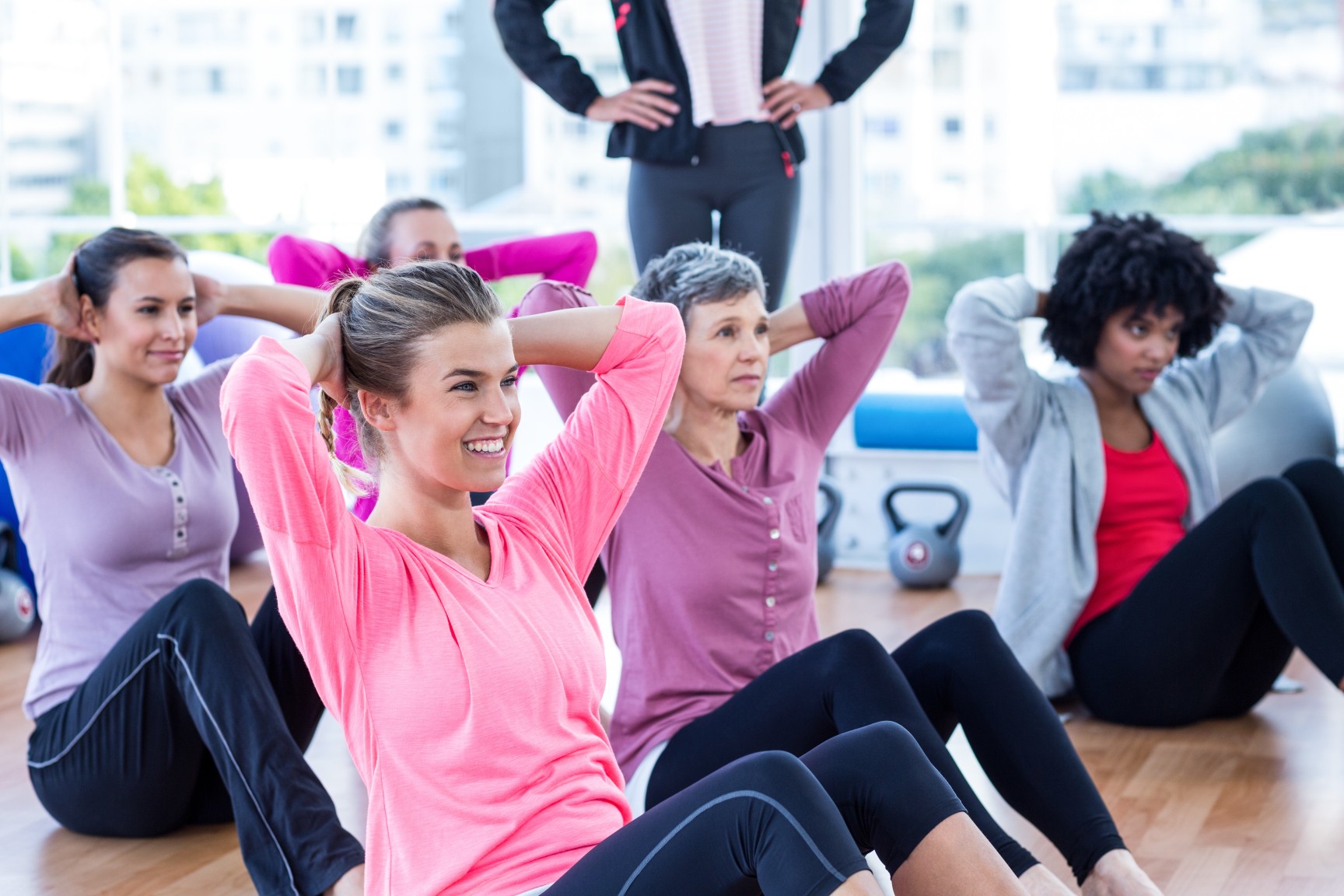How a Rainy Night and Beyoncé Kept DC Metro Running
August 9, 2023
In the captivating world of music and entertainment, artists wield a unique power that extends beyond the boundaries of the stage, leaving an indelible mark on the hearts and minds…

Regular physical activity is key to being healthier and stronger in old age.
The secret behind staying eternally young might be keeping physically active during your whole life. Such activity can protect you against loss of muscle function and mass that is related to aging. As a result you will be healthier, stronger and more resistant to exhaustion compared with those people who are inactive—old as well as young.
That conclusion is reached in a just-released medical study. A research team at the University of Copenhagen found that older people who remain active physically have muscles that are more resistant to exhaustion and nerve deterioration. Their bodies also contain more stem cells that renew themselves.
Members of the research team say this is the first study to examine muscle, nerve activity, and stem cell function in people. The study included 46 older men aged on average 73 who were in three equal groups—elderly people who had conducted lifelong exercise, older sedentary people, and younger sedentary men.
The group that had been active on a regular basis had been involved in such activities as playing ball games, resistance exercise, swimming, racket sports, cycling, rowing, or running.
The physically-active group recorded a greater number of muscle stem cells, or satellite cells, in their bodies. These cells play a leading part in muscle growth, muscle regeneration, and protect the body against nerve degradation, the research team explained.
Each person taking part in the study took part in a resistance exercise. The exercise involved sitting on a mechanical chair and bending and stretching their knees. The researchers measured the degree of force that each man produced. They followed that measure with taking muscle biopsies and blood samples from both legs.
The results showed that those elderly men who had engaged in exercise throughout their lives outperformed the other two groups, both of whom were sedentary.
The tissue biopsies reveal the positive effects of exercise on the aging population, says lead study author Casper Soendenbroe.
Previous studies have concentrated only on master athletes, a minority part of the population, he notes. The study conducted by the university team is more representative of the general population that is aged over 60. The reason is that the average person is more likely to take part in a mix of moderate exercise activity rather than being top athletes.
This study can be used as a biomarker to investigate further the link between aging, exercise and muscle health, he says.
The most significant message from the study is that even moderate exercise can go a long way when it comes to providing protection against age-related decline in a person’s muscle function, Soendenbroe says.
The finding is encouraging, he adds. It is hoped that it will motivate people to take part in a physical activity that they enjoy.
Much has still to be learned about just how interactions and mechanisms between muscles and nerves operate, he adds, and how they change as we age.
Soendenbroe notes that the study was carried out only involving men and the average age was 73. As the impact of aging becomes more pronounced when we are over 80, follow-up studies need to be conducted to determine whether the benefits of lifelong exercise are retained later in life.
Investigation into recreational activity also needs to be conducted on women.
The study is published in The Journal of Physiology.